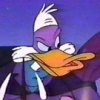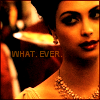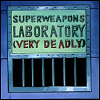
This morning I’m back on the timer. Artificial chaos in a device of small size? I’ll take it. Now that projects are moving in a forward direction again, social media can be reduced to a half-an-hour a day.
This is Blaze.
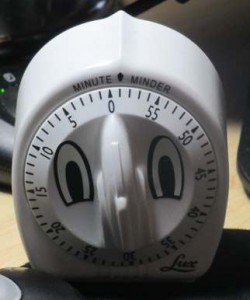
He can be really scary sometimes. Enough to frighten the worst sort of procrastinator! Anyhoo, as the headline for this post suggests I said I’d talk to you about process and procrastination today. So… Getting right on that… after this really awesome Waterstones Lego-and-Literature contest…
Annnnnnnd we’re back. Phew! It’s a lot harder to get back off the Procrastination Train leading to Productivity Station than it is to board it. I think everyone has their trigger points; mine happens to come in pairs. Research and the dread waiting game. Ideally, when one project stalls for whatever reason, I should be picking up another one and moving on down the list. When I don’t have a to-do list or have the vaguest idea of what I’m working on for the next month or two, I procrastinate. Basic project management techniques reduces any anxiety I might have because a) I know what projects I’m working on to earn my keep and b) I can safely have the space to think about those projects. Any new ideas that come in I write down in a journal – which helps me plan ahead. The minute I start thinking about all the non-essentials like quality, popularity, social media kerfluffles, etc. is the second I stall. It’s just not worth filling my head with crap that gets in the way of doing what I love.
Okay, that’s the project management side of the equation. I also can’t stress enough how smaller tasks help get bigger projects done. Setting milestones, for example, even when I’m working on fiction helps keep me on track – especially because I know research can impact not only what I write but how.
But what about research? I feel a lot of writers have a different tack on this leg of the process. My background is that I’ve worked a lot on other people’s properties and research is a requirement to get those projects done right. Reading scripts and previously-published materials with a critical eye, understanding the difference between characters and characterization, iconic and not, rules of the setting, tropes, etc. taking notes and figuring out the sides of the box… All of that is part of the job – which is why I don’t like to research for research’s sake. I don’t like to dive into a project on spec and read 10, 20, 30 books just to come up with a pitch, because I can guarantee you I will do all that and more when I’m in the trenches.
What this means is that because I love to research and problem solve on projects, this can be a trap to procrastinate–especially when it comes to my original work.
My original work is different because I view it to be on spec. I take an immersion approach in part because of my writing style. Oh, I want to write a book about fairies? Well, let me find novels about fairies and determine what’s already been written. I do that because I have to assume an editor and my readers will have done that, too. Then, once I figure out what I want to write about, let me pick a few non-fiction resources on the subject and go from there. (You should see how many books I’ve read for Violet War. It’s… Yeah…)
By reversing the process a bit between media/tie-in and my own work, I then balance the pros and cons of both to make each one stronger. Remember: I don’t have a deadline for my own work unless I set one. Ten years from now (Yes, I am budgeting ten years for this.) when my original work is primarily what I do? Well, then I’ve got a set of processes in place to handle that. Sure, if “success” comes sooner I’ll take it – the main thing is ensuring I keep focused on writing. Having processes in place and knowing where I’m weakest helps me do just that.
It should be said that I do love to read and read broadly, but when you’re a writer it’s a balancing act between get this amount of words down on the page and deadlines. Not having them – deadlines – is the worst possible scenario for me. Thankfully! I’ve got two for my original work which I’m really happy about. For the rest, though, yeah… Deadlines will eat me so I’d better get back to it.
P.S. Yes, Rimmon has recovered from yesterday’s breakdown. He moped around and avoided me until this morning. Normally when I call him, he comes running, but last night? Oh no. He’d lift his head up, shoot me an evil glare, then sink back into the shadows.
This morning, he decided I was worthy of his presence. Here’s a picture of him on his designated spot:
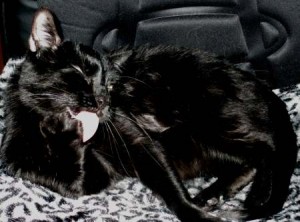
Mood: 25 degrees. HEAT WAVE! Oh, crap. And snowing. FAAAAAAAAAAAHHHHHHH.
Caffeinated Beverages Consumed: I refuse to admit how much I’ve had on the grounds I will incriminate myself.
Work-Out Minutes Logged Yesterday: I went for a walk. It was short. And cold.
In My Ears: White noise. Zzzzzzzzzz…
Game Last Played: Sonic All Star Racing Transformed
Book Last Read: Witches Abroad by Terry Pratchett
Movie Last Viewed: Transylvania 6-5000!
Latest Artistic Project: *Still* *still* *still* need to take pictures… It’s on the list!
Latest Fiction/Comic Release: Last Man Zombie Standing
Latest Game Release: Freedom Flyer
What I’m Working On: Primarily tie-in games work and novels.


